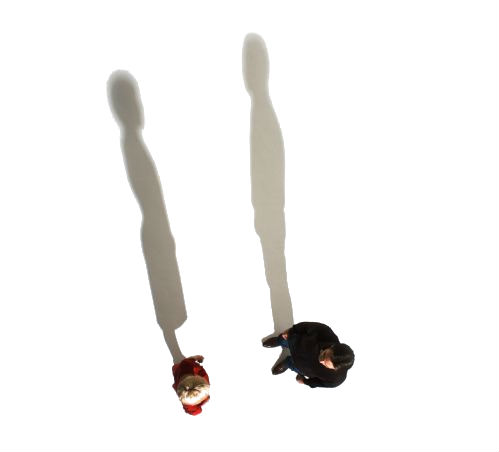a toxic relationship
Every relationship we have with another person has its own culture, complete with its own norms, traditions, expectations, unwritten rules, implicit agreements, routines and historical artifacts. As is true with any other micro-culture (i.e. the workplace, the family, an organization), the culture of each individual relationship – personal or professional – can be healthy, toxic or anywhere in between.
Which relationship of yours has the most toxic culture, leaving you feeling frustration, anxiety and dread on a regular basis?
Got one in mind?
OK, now –
take a deep breath and repeat the following to yourself: “Part of what is perpetuating the toxicity of this relationship is my own self-centeredness and fear-based choices.”
Yes, you read it right.
Each of us plays a part in creating and perpetuating our toxic relationships. Are we being overly controlling? Overly compliant? Too detached? Not sincere and self-expressive enough? Insufficiently honest and direct? Too unserious? Unrealistic in our expectations?
The other person plays a part as well, of course, but we get nowhere in life when we confess other people’s shortcomings. It’s much more valuable when we regularly take an honest look at our own. In truth, no one is completely free from self-righteously blaming others for things we ourselves are partly responsible for.
facing our shadow

Maybe our own ego-driven ways constitute 5% of our personalities, maybe 20%. It can be different during different phases of life, and it can be different in different relationships. The point is that it serves us well to be aware of and working on our own shadow side – our selfishness, immaturity, defensiveness – those aspects of our personalities that we are not proud of and that others can see in us more than we can usually see in ourselves.
Even if we are only 1% responsible for the toxic culture of a certain relationship, we need to focus on that 1% if we are going to have any chance whatsoever at learning and growing from the experience, or at changing the relationship for the better (or ending the relationship, if that’s what is needed).
blaming others is bad for your (psychological) health
Do you prefer to blame others and to endlessly gossip about those who make you angry? Go right ahead. As the saying goes, it’s a free country. There is no law that says you must take responsibility for yourself and your life. Oh wait, there IS a law – it’s called the “law of the harvest.” In other words, we reap what we sow. When we regularly elevate ourselves above others by blaming them, it actually serves to disempower us over time. It feels good in the moment because blaming others gives us an adrenaline rush; however, it actually hurts us in the long run because we fail to advance our own self-awareness and self-management abilities.
taking responsibility = owning your power
Reorganizing the dynamics and changing the culture of a relationship with a friend, lover, client or coworker starts with YOU taking responsibility for YOUR part in the ongoing exchanges. This involves changing your mind (and heart) over and over again. It does not happen overnight, but with effort, radical changes can be produced. The first step is to stop giving this other person the power to determine how you feel. The impulse to give away your power will still be there, but you can catch yourself and make another choice. This is not simply an intellectual decision – it requires emotional work and a process of letting go.
let life humble you
When we get honest about the ways in which WE are responsible for where a certain relationship has gotten to, it can be deflating. While this may not feel so great in the moment, it actually IS great in the bigger picture of our lives. Taking responsibility in this way is a precondition for positive change and growth (again, even if that includes ending the relationship). Deflation is the opposite of maintaining an inflated sense of self – in other words, being filled with hot air. We are all guilty of this at times. The good news is that when we have the wherewithal to let the air out, we are better positioned to go forward with a more balanced blend of humility and confidence – the real foundation to creating healthy relationships in our lives.
Tags: relationships